#stevie's intertextuality
Photo







The Genesis of Gender by Joy Ladin / I Ought to Be My Adam by Lou Bold / “THE QUIET” by Troye Sivan / Trans Horror Punk Frankenstein's Creation by Riz Nasty / The Strong Breed by Wole Soyinka / The Fabulous Frankenstein’s Monster by sbsiceland / “Swimming Pool” by The Front Bottoms // ON TRANSGENDER FRANKENSTEIN’S MONSTER
#stevie's intertextuality#frankenstein#frankenstien's monster#trans#transgender#the genesis of gender#joy ladin#lou bold#troye sivan#riz nasty#wole soyinka#the strong breed#sbsiceland#the front bottoms#stevie posts#q#elsie tag#(they know why lol)
717 notes
·
View notes
Text
Week 12- The Outsiders (1983)
Week Twelve introduced a subgenre of the teen film: the nostalgic teen film. In her essay, “Tuesday’s Gone: The Nostalgic Teen Film,” Lesley Speed discusses key traits of this subgenre. Speed argues that these films “augment…themes of rebellion,” and “reveal tensions between youth and adulthood” (Speed 24). These films usually employ the use of a retroactive adult narrator, giving the text a mature perspective (Speed 30). This technique allows the narrator to infuse meaning to different coming-of-age experiences, which are emphasized in this genre (Speed 26). Landmarks like trauma, Speed argues, serve as catalysts for the narrator’s change to maturity. The use of retrospective narration also conveys “a desire for moral and ideological security” (Speed 25). Essentially, the narrator looks back at their formative years to justify their present selves. The genre also emphasizes sentimentality, connoting both the narrator’s and the filmmaker’s nostalgia for their youths (Speed 26 and 29).
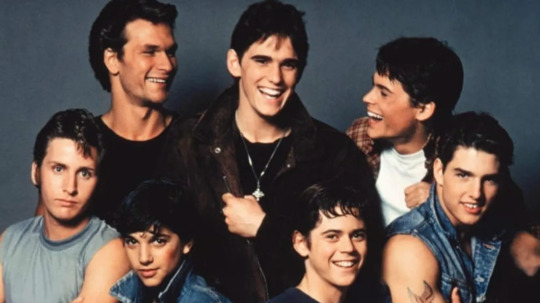
Source: Mental Floss
Francis Ford Coppola, in his film, The Outsiders (1983), adapts the S.E. Hinton novel of the same name to film. The story follows Ponyboy Curtis and a close group of friends. They are all Greasers in Tulsa, Oklahoma who are in conflict with the upper class kids of their town dubbed “the Socs.” Coppola’s film hits all the points Speed makes in “Tuesday’s Gone.” The film is retrospectively narrated by Ponyboy as he writes what is essentially The Outsiders novel. The film is bookended with shots of Ponyboy writing at his desk with close ups to his words on paper. Similarly framed shots occur sparsely throughout the film. In the film, Ponyboy specifically recounts running away with Johnny, a Greaser from his group, after Johnny kills a Soc in Ponyboy’s defense. While on the lam, Johnny and Ponyboy rescue some children from a burning church, causing Johnny to be injured and eventually die. In the final scenes of the film, Ponyboy ruminates on a letter from Johnny where he urges Ponyboy to “stay gold,” referencing Robert Frost’s poem, Nothing Gold Can Stay. It is at this moment that Ponyboy decides to pen The Outsiders and bookends the film’s narration with the opening lines from Hinton’s novel.
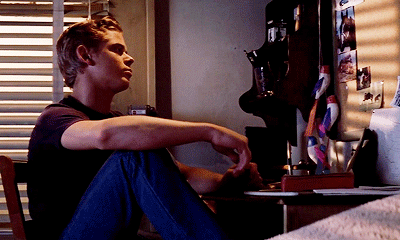
Johnny’s death followed shortly by the death of Dallas, another Greaser from Johnny and Ponyboy’s gang, serve as the catalysts for Ponyboy’s “change.” From the beginning, Ponyboy is coded as an “other” to the rest of the Greasers he is close with. Where his friends and siblings are more physical and violent, Ponyboy is more intellectual as shown by his ability to recite Robert Frost from memory. He and Johnny are also more sensitive, preferring to run away from their problems rather than fight head on as their friends are wont to do. Johnny, however, serves the same role that Plato did in Nicholas Ray’s Rebel Without A Cause (1955). His and Dallas’s deaths serve as a sort of warning to Ponyboy on the dangers of being too different and put him back on the “right path.” Ponyboy decides to give up the Greaser lifestyle and pursues academia while seeking to “stay gold” as Johnny requests with his final words.
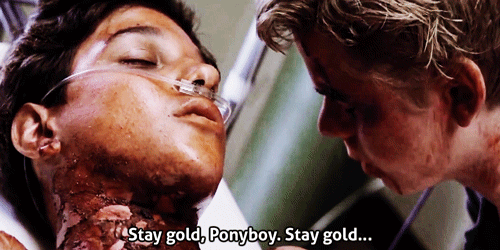
Coppola’s Outsiders combines the teen film with elements of the melodrama. He heightens the sentimentality of the film through the frequent use of warm, gold tinted lighting and sweeping soundtracks to really emphasize the emotion of a scene. The use of Stevie Wonder’s “Stay Gold” helps drive the Robert Frost motif throughout the film. Coppola also creates a sense of nostalgia through intertextuality, referencing other older works. Coppola frequently references paintings by Edward Hopper, modeling the film’s mise-en-scene after Hopper’s works. Hopper and Coppola both romanticize rural America, marking it as a simple place without the pressures of urban life. The church where Johnny and Ponyboy hide bears resemblance to Hopper’s “Church at South Truro.” Coppola also romanticizes the 1960s due to his adolescence coinciding with the decade. He ensures that places like the drive-in or the gas station where Ponyboy’s brother Sodapop and their Greaser friend Steve work looked indistinguishable from those of the 60s. The music and wardrobe are also pulled from the decade and bear some resemblance to the style of James Dean in Ray’s Rebel. As Lesley Speed puts it, both Coppola and Ponyboy look back to their youth with a yearning for simpler times.
0 notes
Text
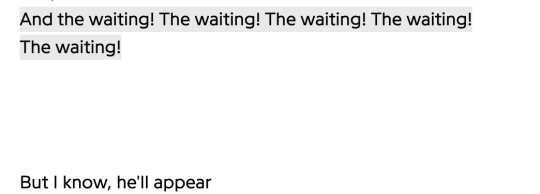

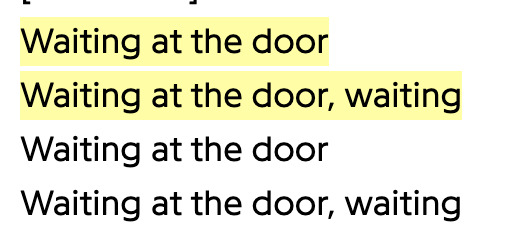
'I Know It's Today' from Shrek the Musical / 'Plastic Flowers' by The Front Bottoms / ‘The Ball’ from Natasha, Pierre, and the Great Comet of 1812 // ON 3x4 OF THE BOYS AND WAITING FOR JASS
#the boys#stevie posts#web weaving#but as a joke#shrek the musical#the front bottoms#great comet#stevie's intertextuality
210 notes
·
View notes
Photo










“Disenchanted” by My Chemical Romance / “Science Fiction Double Feature” from Rocky Horror Picture Show / “Thank You for the Venom” by My Chemical Romance / “Helena” by My Chemical Romance / “To the End” by My Chemical Romance / “Planetary (GO!)” by My Chemical Romance
#maya tag#stevie's intertextuality#my chemical romance#rocky horror picture show#the rocky horror picture show#rocky horrow#science fiction double feature#stevie posts
54 notes
·
View notes
Text


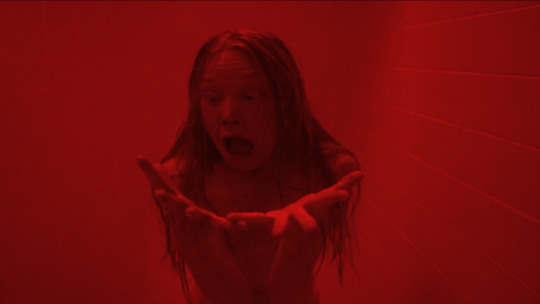





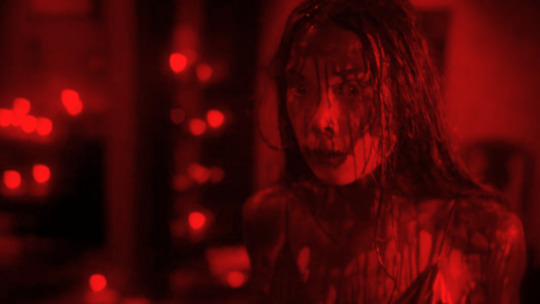






'Teenagers' by My Chemical Romance / Carrie the Musical (2012) / Carrie (1976) (for @turnstileskyline)
#carrie#carrie white#mcr#gerard way#teenagers#my chemical romance#web weaving#stevie's intertextuality#intertextuality#stevie posts#tw blood#tw periods#maya tag
41 notes
·
View notes
Text
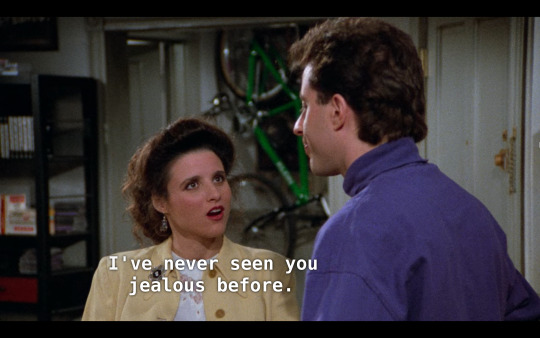
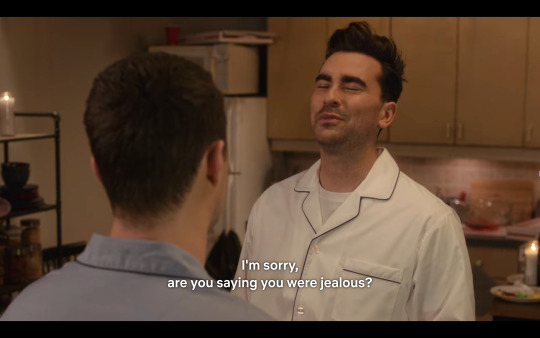
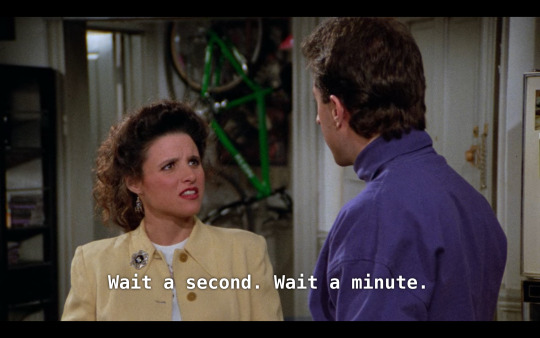
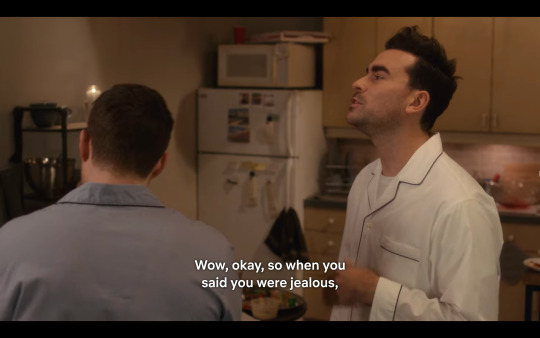

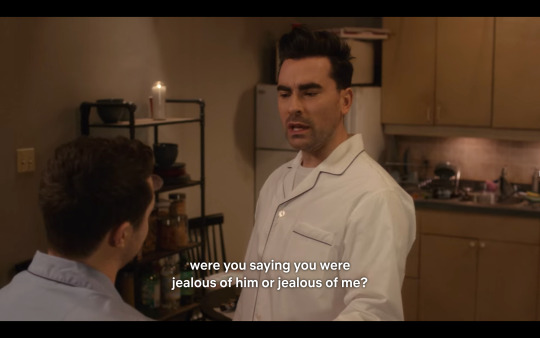
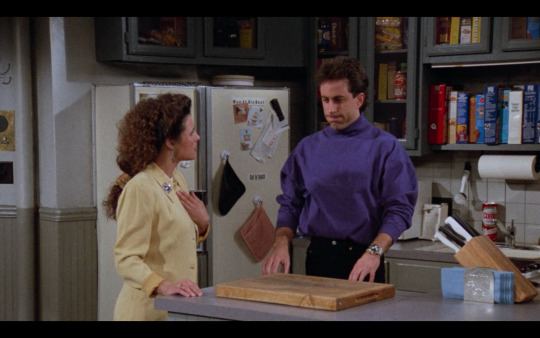
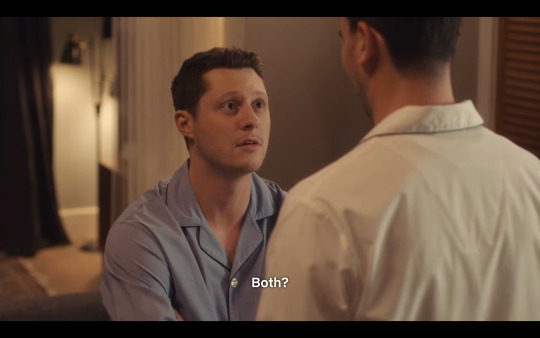
Seinfeld's The Boyfriend (1992) // Schitt's Creek Housewarming (2019)
#stevie's intertextuality#this is the dumbest web i've woven#seinfeld#elaine benes#jerry seinfeld#patrick brewer#david rose#stevie posts#megan tag
7 notes
·
View notes